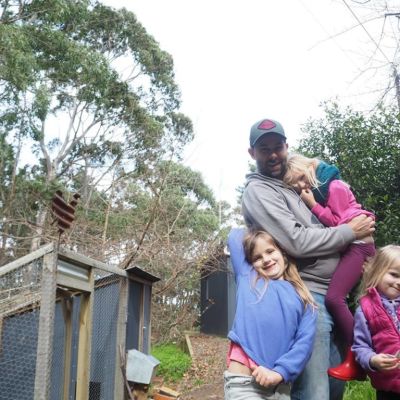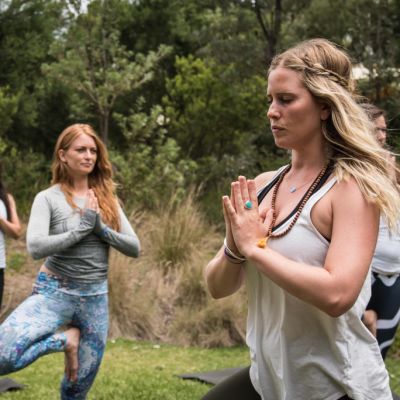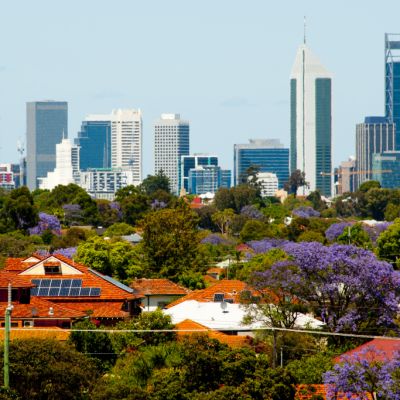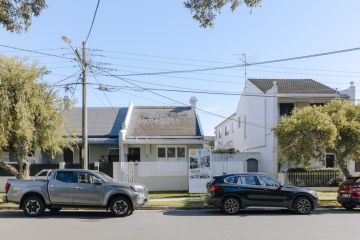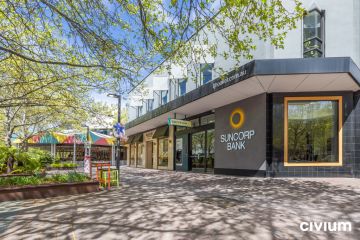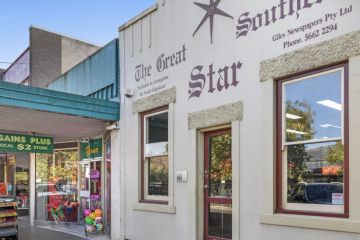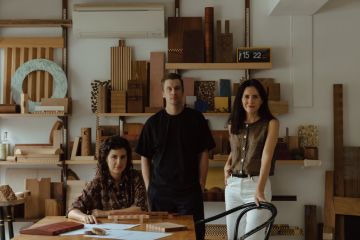It’s not me, it’s you: One very important factor when choosing where to live
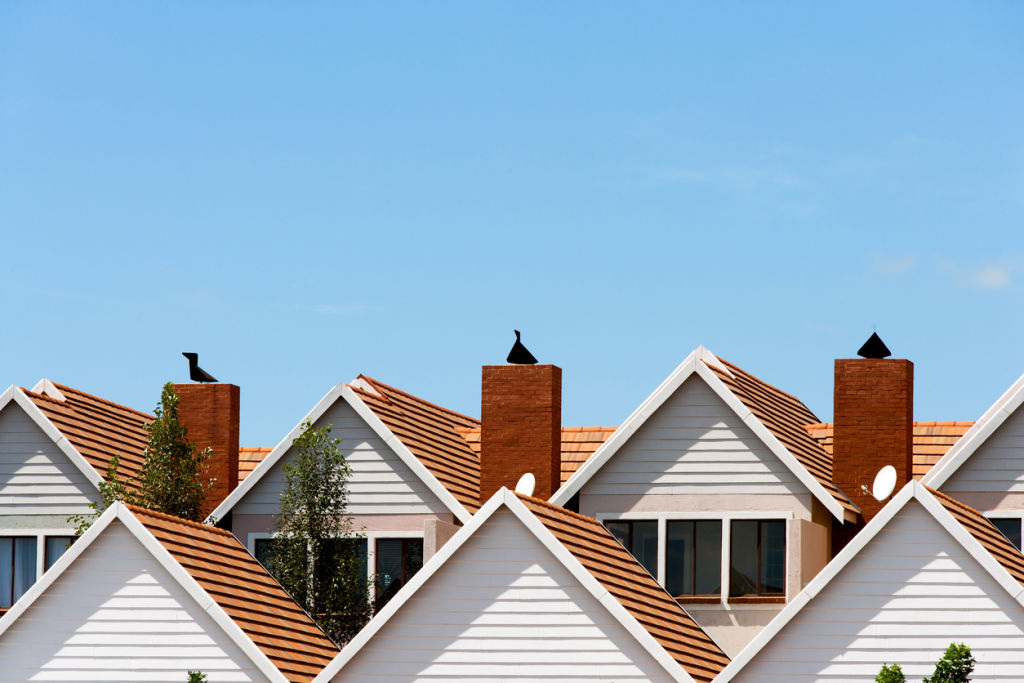
“If that fast food chain gets built, we’re out of here.” That’s what we told our friends as the threat of a mega-chain in our little suburb – and across the road from the school our child attended – loomed. Our friends laughed, thinking we were either joking or being quite extreme.
But that fast food store was built and, yes, we did move: 300 kilometres away.
Listen to episode five of Domain’s podcast Somewhere Else :
Extreme? Maybe. Though it wasn’t just that shop that made us take the plunge; that was just a symbol of several changes that were taking place around the time.
Our little spot in the hills wasn’t what it had been when we’d grown up in the area, or the peaceful escape it was when we bought our home. It was, by then, filled with the sound of chainsaws as trees came down by the dozen, and the streets were closing due to subdivision.
The truth was the suburb just didn’t fit with our values any more; it was no longer the place we wanted to raise our children. And so, we had to find somewhere that did.
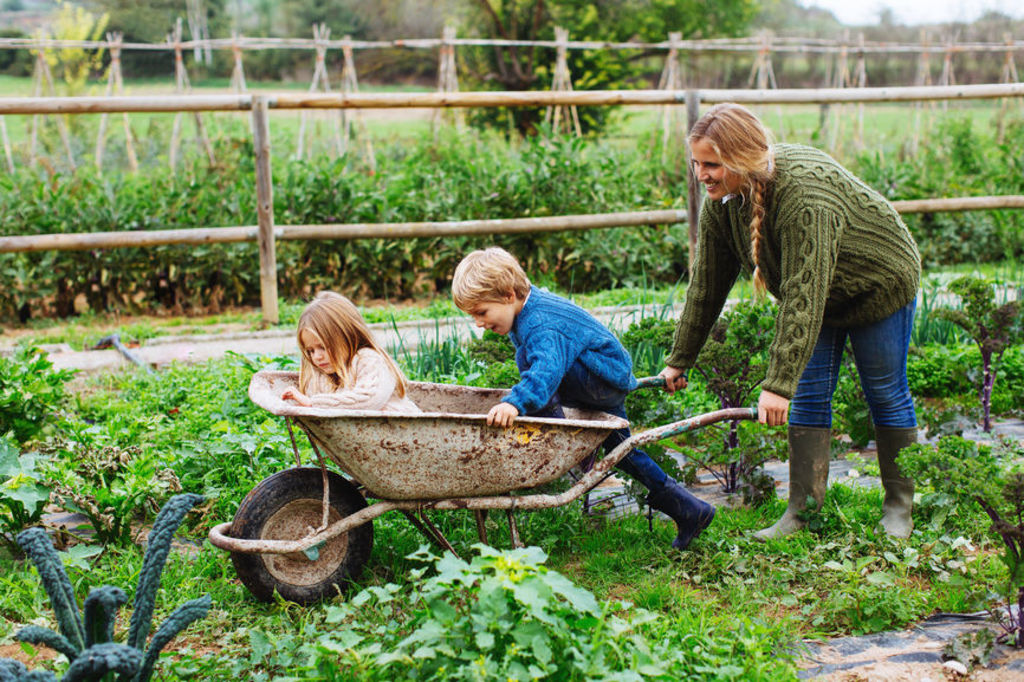
Finding the right fit for your values
Barbara Clifford says moving to central Australia four years ago was a decision based on family values.
“We lived in suburban Brisbane, and it was lovely: a nice lifestyle, a big house and a big block of land with good neighbours,” she says.
“But my husband and I really wanted to move to Alice Springs because it fits with our values so much more. We now live on Aboriginal land, surrounded by my husband’s family.
“It gives us more quality time with our family, stronger connections with the community, and a calm, stress-free environment which I highly value.”
Diaswati Mardiasmo, the national research manager at PRDnationwide, says stories like these are becoming commonplace.
“It’s an emerging field in research – it’s often referred to as ‘attachment’; that is, how a person attaches their personal values onto a particular place or community,” Dr Mardiasmo says.
“Finding the right place to live is about more than just where the job is and where the public transport is. People are looking for an alignment between what a place represents and their personal values.”
Of course, it’s true that our values can change over time and a location we lived in that used to feel great no longer works for us through no fault of its own. For some, this highlights that it’s time to move on to find like-minded people.
Leigh* says the best fit for her became apparent while on holiday in Noosa. She saw that the place and the community fit with her current active lifestyle, and moved there soon after.
“It seems like everyone is active, not many watch TV, everyone shops at the farmers’ markets and eats organic,” she says. “Even the local Facebook group is primarily just for posting your weekend sunset snaps!”
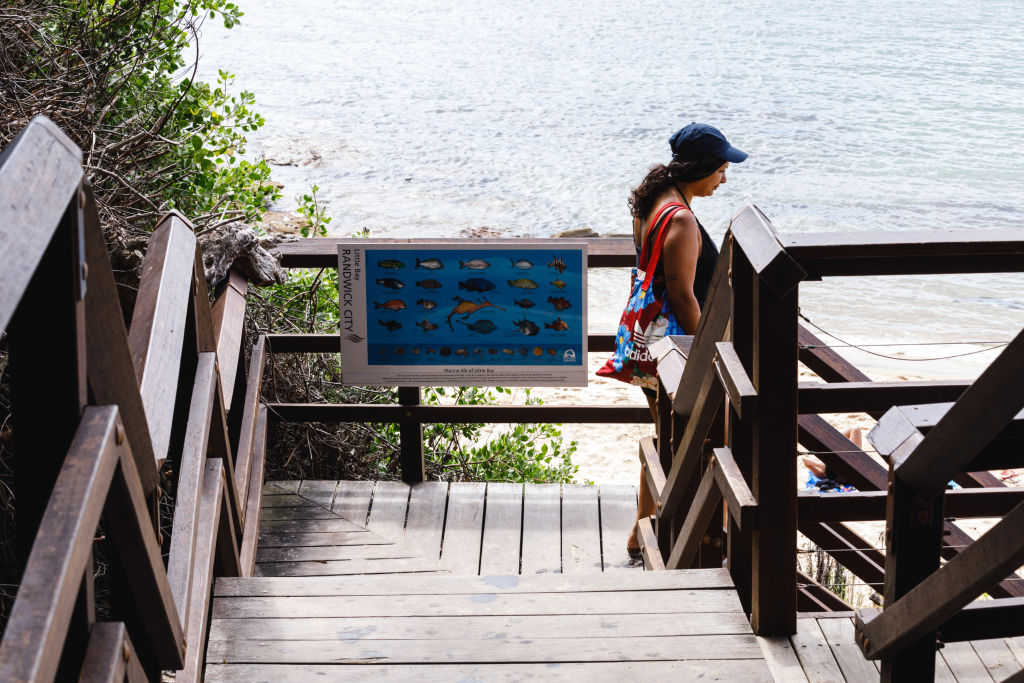
The impact of living in a place that fits your values
When we live in a location that aligns with our values, we feel more at home, and this has an effect on how we live.
“It means you feel more pride for the area and you’re more committed to it,” Dr Mardiasmo says. “People find they want to give back and be part of the community when they feel that sense of alignment.
“The more you feel that community is your home, the more you’re likely to contribute to that community. This in turn results in economic and social growth in that location. When you love where you live, there’s a ripple effect.”
She warns, however, that we must be careful of those rose-coloured glasses. The reality is that our values aren’t everything when it comes to choosing a place to live.
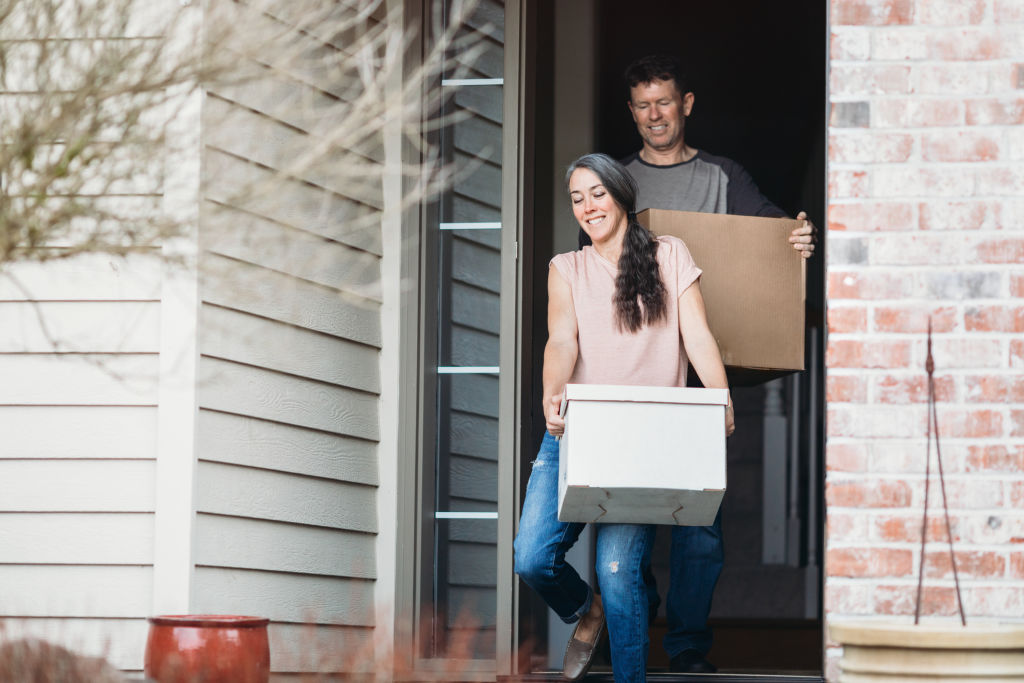
“Sometimes it’s hard to find a place that lines up with your values, especially when you’re trying to balance that with affordability. It can be a trade-off depending on your stage of life and circumstances, and sometimes there’s a sacrifice involved,” Dr Mardiasmo says.
“One suburb may not tick every box that aligns with your values, and that’s a fact that needs to be accepted. You need to manage your expectations.”
* Surname removed by request
We recommend
We thought you might like
States
Capital Cities
Capital Cities - Rentals
Popular Areas
Allhomes
More
